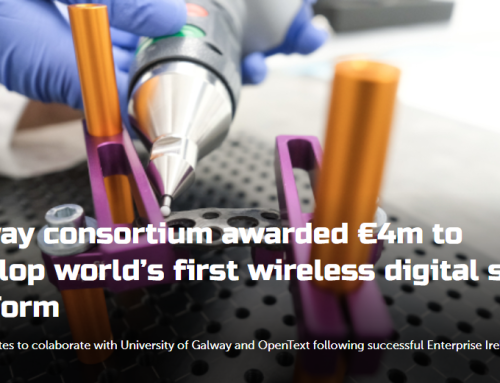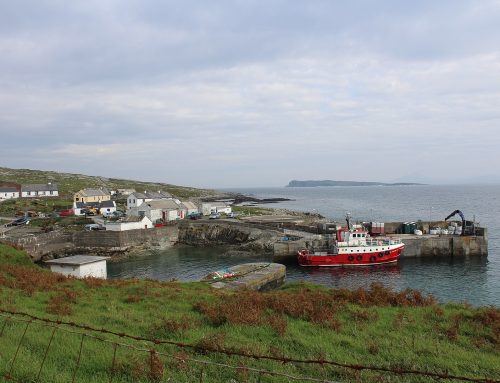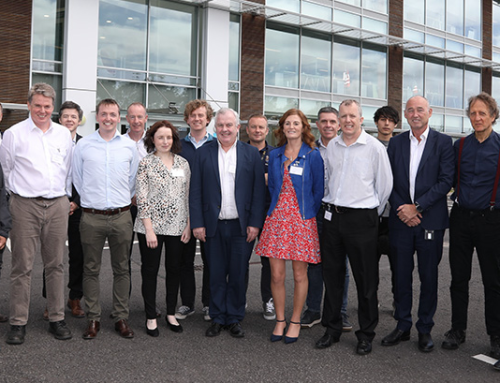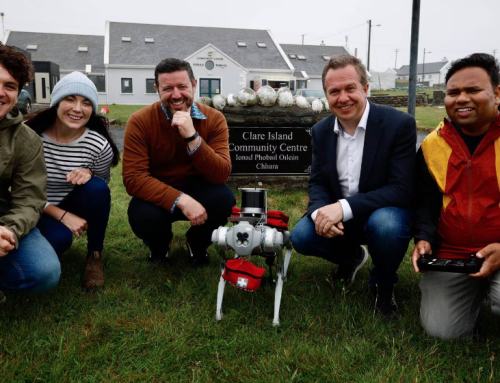Diabetes Drone Project (Complete)
Projects
February 4, 2020
The Diabetes Drone: A Milestone in Medical Delivery
The University of Galway’s Health Innovation Via Engineering (HIVE) Laboratory, in collaboration with Vodafone and other partners, has achieved a significant breakthrough in healthcare delivery with the successful maiden flight of the world’s first Diabetes Drone. This innovative project marks a pivotal moment in the use of drones for medical purposes, demonstrating the potential to revolutionize the delivery of essential medications to remote and inaccessible areas.
The Diabetes Drone project was initiated in response to the challenges faced by patients with diabetes living in remote locations, such as the Aran Islands off the coast of Galway, Ireland. These areas, while beautiful and rich in culture, pose significant logistical challenges for the delivery of essential medical supplies, especially during severe weather events like storms and heavy snowfall. The project’s inception was driven by the vision of Professor Derek O’Keeffe, a Consultant Endocrinologist at University Hospital Galway and Professor of Medical Device Technology at NUI Galway, who recognized the urgent need for innovative solutions to ensure uninterrupted access to diabetes medication.
The Diabetes Drone completed its maiden flight from Connemara Airport to Inis Mór, the largest of the Aran Islands, delivering two critical diabetes medications: insulin and glucagon. This flight was not only a technical achievement but also a beacon of hope for patients with diabetes, demonstrating the feasibility of using drones for the safe and efficient delivery of medications.
The drone used for this mission was a Wingcopter 178 Heavy Lift, chosen for its ability to carry heavy loads and equipped with an insulated parcel delivery box to maintain the medications at the required temperatures. The flight covered a distance of over 21 kilometers, navigating through air traffic sequences at both airports and completing the journey in just 32 minutes.
This project was made possible through a collaborative effort involving academic experts, healthcare professionals, and industry partners. Vodafone Ireland played a crucial role by ensuring that the autonomous drone was tracked throughout its flight using its dedicated Internet of Things (IoT) mobile network. This allowed for adherence to aviation regulatory standards and provided valuable data for further research into drone delivery corridor planning.
The success of the Diabetes Drone project represents a significant step forward in the use of drone technology for healthcare delivery. By demonstrating the ability to deliver essential medications safely and efficiently to remote locations, this project paves the way for future initiatives aimed at improving access to healthcare for isolated communities.
The implications of this project extend beyond diabetes care, offering a model for the delivery of a wide range of medical supplies, including blood, defibrillators, and organs. As drone technology continues to evolve, the potential for its application in healthcare is vast, promising to enhance the resilience of medical supply chains and improve patient outcomes worldwide.
The Diabetes Drone project is a testament to the power of innovation, collaboration, and technology in addressing some of the most pressing challenges in healthcare delivery. It stands as a shining example of how engineering and medicine can come together to create life-saving solutions for patients around the globe.
